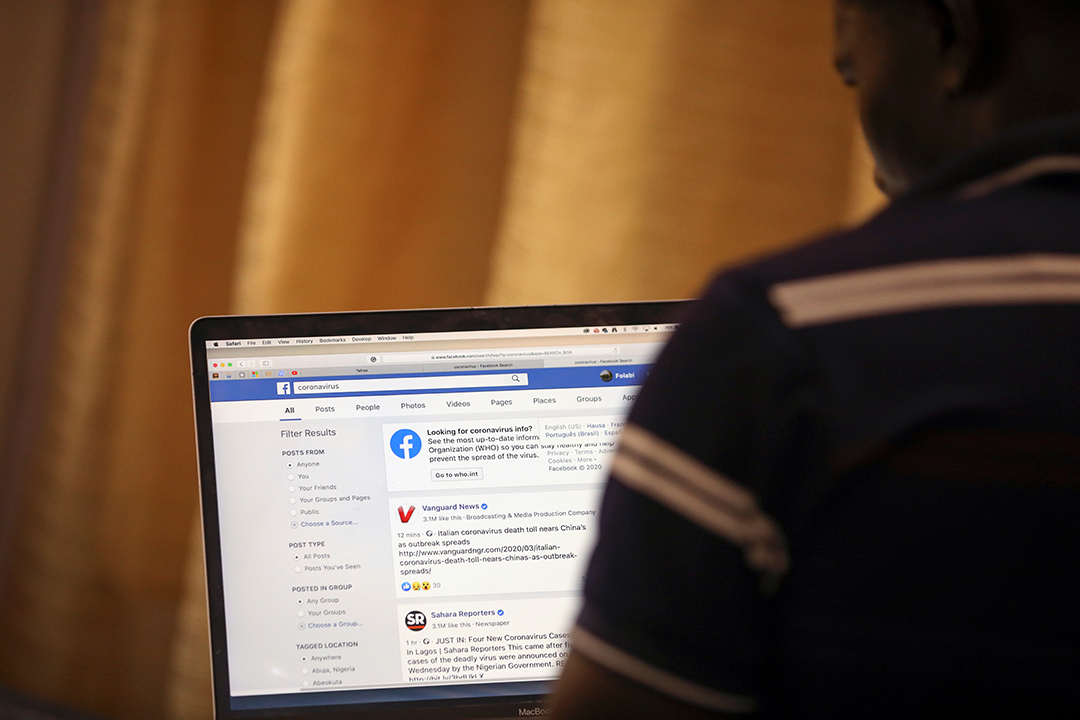New Rumor Management System Combats Disease Misinformation
ADF STAFF
For years, bad information has undermined public health officials as they try to contain disease outbreaks. Rumors and falsehoods about how and when people get infected helped fuel the spread of diseases such as HIV/AIDS, Ebola, COVID-19 and, most recently, monkeypox.
The Joint United Nations Program on HIV/AIDS (UNAIDS) and the Africa Centres for Disease Control and Prevention (Africa CDC) are collaborating to track and address false information surrounding COVID-19, HIV and monkeypox through a rumor management system.
The software helps collect and analyze rumor data from traditional and social media. It helps identify false and misleading narratives and sentiments related to COVID-19 and HIV. Training events on the system were held in West, Central and North Africa in June and July.
“These trainings aim at harmonizing and coordinating our risk communication and community engagement interventions on COVID-19 and HIV, and better engage our communities in the response to pandemics,” Dr. Benjamin Djoudalbaye, head of public health diplomacy at the Africa CDC, said in a news release.
Dr. Cristian Apetrei, a professor of immunology, infectious diseases and microbiology at the University of Pittsburgh Health Sciences, has studied HIV for decades. Apetrei wrote in The Conversation Africa that he “felt a sense of déjà vu” as COVID-19 disinformation spread around the globe.
“What sets the COVID-19 pandemic apart, however, is the sheer magnitude of damaging disinformation put in circulation around the world,” Apetrei wrote. “Data shows that regions and countries where disinformation thrived experienced more lethal pandemic waves despite vaccine availability.”
Many people and groups who spread misinformation about COVID-19 and HIV also deny that diseases are caused by viruses and bacteria.
Widely circulating false health information can be catastrophic.
From 2000 to 2005, more than 330,000 people in South Africa died prematurely from HIV/AIDS, in part because many did not believe the facts about how the disease spread or the effectiveness of lifesaving antiretroviral medicine.
At least 35,000 babies in South Africa were born with HIV infections that could have been prevented, according to a report by the Harvard T.H. Chan School of Public Health.
Now, health officials also are battling misinformation about monkeypox. Health officials say the virus can infect anyone who is in close physical contact with an infected person.
Dr. Ahmed Ogwell, acting Africa CDC director, has said combating misinformation is one of his top responsibilities.
“Information is very important for our daily lives,” he said during a World Health Organization news briefing. “When that information is not accurate, it becomes harmful. When health information is corrupted, it has the capacity to not just affect lives, but also to claim lives.”


Comments are closed.